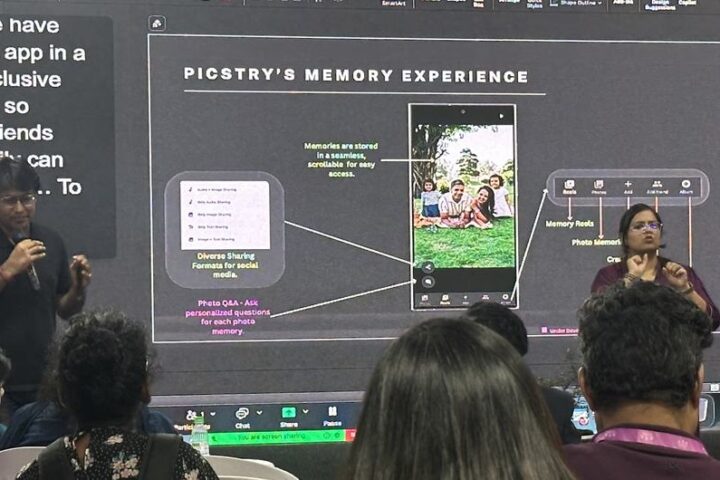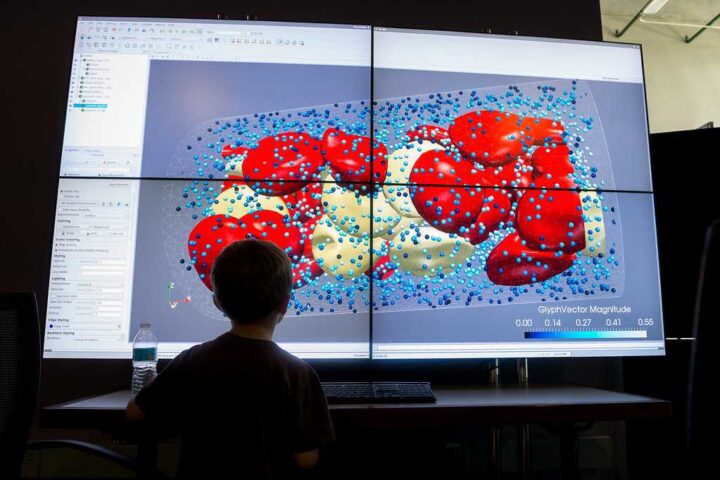Yale researchers have created an AI tool to spot heart failure risk from a simple heart test most people already get during checkups. This means doctors could catch heart problems years before the first symptom appears.
The heart test, called an ECG or electrocardiogram, uses small patches placed on the skin to record the heart’s electrical activity. It’s quick, painless, and happens in most routine medical visits. Now, AI can analyze photos of these test results to predict who might develop heart failure.
“We can now predict who is at risk of developing heart failure in the future, well before they show overt symptoms,” says Dr. Lovedeep Singh Dhingra from Yale’s Cardiovascular Data Science Lab
The numbers show how powerful this tool is. People flagged by the AI as high-risk are 4 to 24 times more likely to develop heart failure than others. The research team checked these results using medical records from over 231,000 patients in the United States, 42,000 in the United Kingdom, and more in Brazil.
Dr. Rohan Khera, who leads Yale’s heart data science team, explains why this matters: “Every time a clinician obtains an ECG—a test that is already part of standard clinical care—our simple tool now offers an opportunity for screening and risk stratification for cardiovascular disease. The broad availability of ECG technology, even where resources are limited, enables early intervention and improved outcomes for patients who might otherwise go undiagnosed.”
For families, this breakthrough means more time to take action. When doctors spot heart failure risk early, they can suggest preventive measures that might prevent serious problems. This could help reduce hospitalizations and premature death, as noted in the research.
Similar Posts
The tool becomes even more accurate when combined with other heart risk calculations doctors already use. This gives medical teams a clearer picture of who needs extra attention and care.
Heart failure affects millions worldwide, but this AI tool offers hope through early detection. By using technology to read standard heart tests in a new way, doctors gain valuable time to help prevent serious heart problems.
The research appears in the European Heart Journal, with funding from national health institutes and the Doris Duke Charitable Foundation. Yale’s team aims to ensure “broad and equitable implementation of AI-based health technologies in everyday practice,” as Dr. Khera describes it.
This work represents a practical step forward in heart caretaking a standard medical test and using AI to spot problems years before they become serious. It’s about giving doctors and patients more time to prevent heart failure, not just treat it.


















